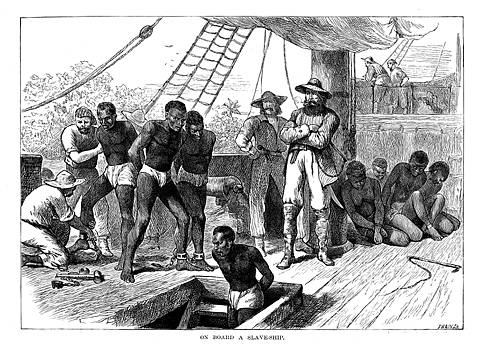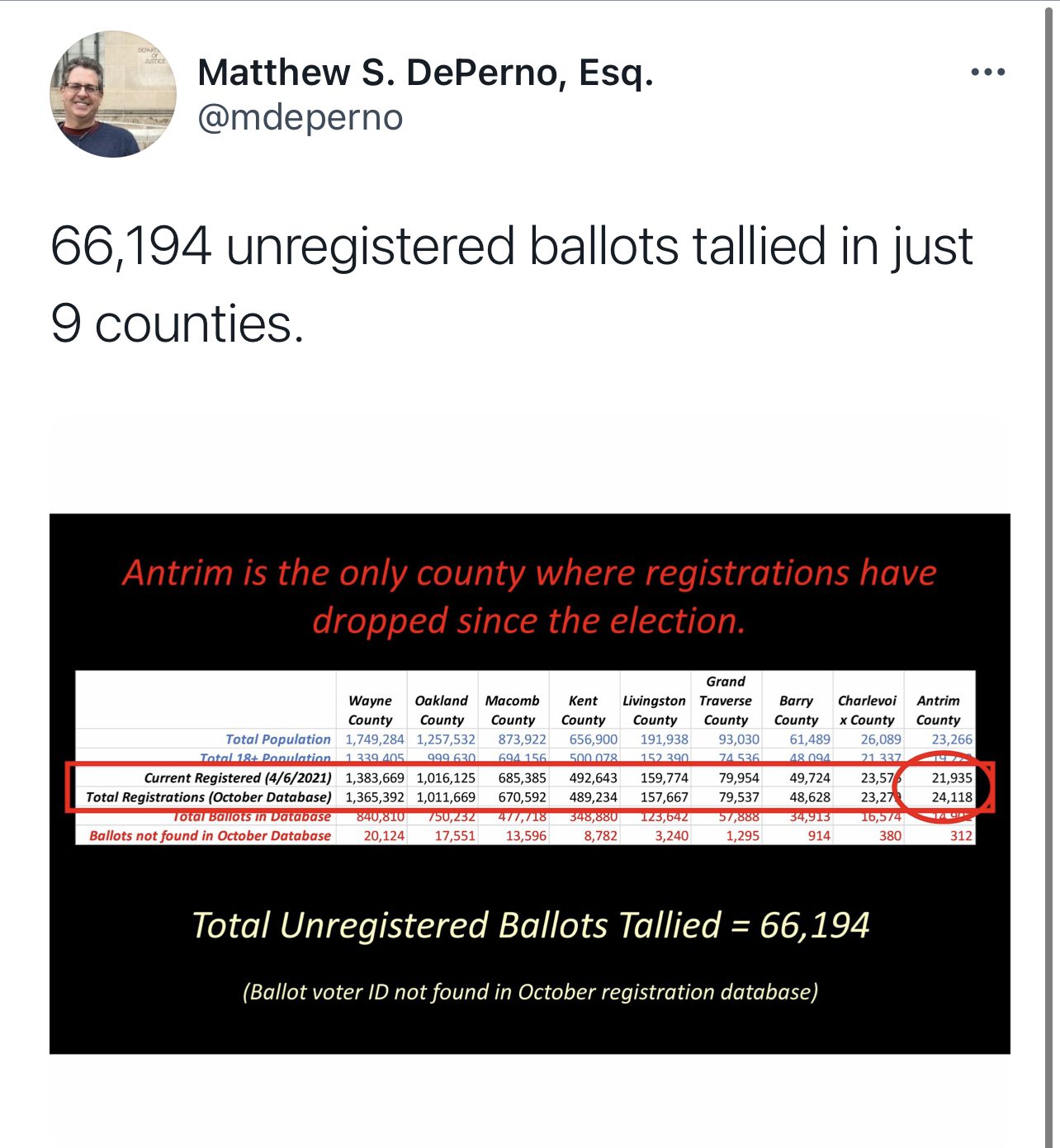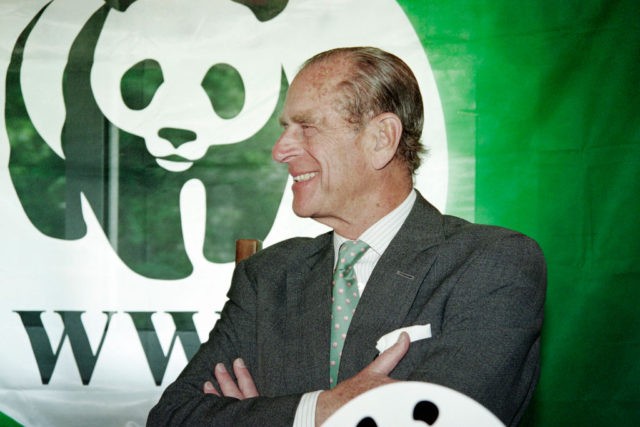
In 1914, John Pelopidus Leach died, and the monument below was erected to him in Littleton. It depicts two hands shaking, one black and one white, with the inscription, "This Is What He Meant, All Men Up Erected By His Colored Friends." Private/Captain/Colonel/Judge Leach donated the land for the Enon Baptist Church in Littleton, and was generous to the poor and needy throughout his life.
Confederate Veteran May-June 1990
25th Anniversary of General Lee's Surrender April 9th, 1865
by John Pelopidas Leach, 1890
A quarter of a century has passed since General Lee surrendered the last hope of the Confederacy at Appomattox Court House.
For
more than a year prior to that time, he had, with matchless skill,
contended against vastly superior numbers and military resources, and
successfully held at bay the grandest army ever marshaled on American
soil. In the annals of American history, the name of this village will
be preserved side-by-side with Yorktown, New Orleans and Mexico.
A
private soldier, though a living witness, cannot describe a battle,
much less a campaign. The field of observation to him is circumscribed
and limited. But as I went with my companions to the last firing line, I
have some vivid recollections of the event and I will relate my
experiences and observations as a member of Company C, 53rd NC Regiment
at Appomattox.
Before reaching Appomattox on the memorable
retreat of our army from Petersburg, the half starved division of
General Bryan Grimes, of which I belonged, was halted after dark for a
short rest, and some of the *sharpshooters in the skirmish line, commanded by my brother, Lieutenant George T.
Leach, also of Company C in the 53rd NC Regiment, collected and drove to
our bivouac two or three cows with the intent of butchering them,
believing, as they certainly had reason to believe, that the poor cattle
would soon fall into the merciless hands of our pursuers.
He ordered the cows to be returned to the field from which they were driven, a mile or two back. The order was instantly executed as far as possible - the cattle were driven within range of the federal pickets and turned over to our pursuers. We marched on with empty stomachs and continued to hold the front line in an attempt to open the way for the retreat of the Army. However, unknown to General Grimes, General Gordon, the memorable right eye and at that time the right arm of Lee and in immediate command of all the forces there, had discovered that we were "flanked by 10,000 shotted guns and by 10,000 fronted."
l do not believe that General Lee could have put into battle that day more than eight or 10,000 men, hence it would have been cruel slaughter to have continued the war at that point one moment longer as we would have been forced to assume that of the aggressor against 50,000 well armed and well-fed veterans of Grant's Army who had lapped our feeble forces in front and upon both flanks. In order to continue the retreat and overcome the enemy would have been a military impossibility as well as a ridiculous and monstrous proposition in view of the worn-out condition of our soldiers who, though, were still willing to give battle with vigor and determination.
The actions of those engaged at Appomattox was but a skirmish preliminary to surrender and I have little doubt that General Grant and General Sheridan had planned to bring about the surrender of Lee or destroy his Army at that point. They accomplished their purpose with exceedingly small loss to those engaged under Lee.
Of those who participated in or were present at the McLean House at the time the terms of surrender were concluded, there are few who now live. General Lee had with him only one officer, Colonel Marshall, while General Grant was accompanied by a number of officers. The officers there present fairly represented in proportion the number of privates upon either side that could have been put into battle.
We
continued marching, counter-marching and skirmishing through the
greater part of the night of April 8th and 9th. Then at sunrise we were
deployed on a road and rail fence just beyond and in sight of the Court
House. I do not recall the sight of a single dead Confederate that day
though we drove some Union sharpshooters through the woods to the
southwest where they made a stand on the edge of the woods and a few of
them were killed and left upon the field.
Sheridan had placed
some six-pound field guns in the woods in our front. They were keeping
up a rapid fire when we advanced to their capture. Before we had gone
half the distance, the guns were surrendered to a flanking party, and
pretty soon were brought galloping across the field.
We escorted
them to a point near the Court House and continued to advance to the
west. We had gone less than a mile when the flag of truce was sent out
and the firing ceased; this was no regular battle, though good men were
killed and wounded in the skirmish. I think I saw the last gun fired
that day. As we returned through the village, I saw some artillerymen
prepare a gun for action. They opened fire upon a column of the enemy
who were advancing from the south of the town, seeming unmindful of what
had transpired at the front. An office rode up and ordered the gunners
to cease firing. The various commands of the Army were much scattered
and disorganized, but soon began to assemble in bivouac and before night
were fed by our captors.
The Confederates were gathered over and
around a large barren old field northeast of town when General Lee was
seen to return from the village accompanied by Colonel Marshall. The
whole Army rushed out to greet him and so thronged the road as to impede
his passage. There was little cheering but no dearth of tears. Some
wanted to hear a word from him, but if he spoke, I failed to catch his
words. He waved his hand; the soldiers yielded the road and he passed
on. He was very sad and perhaps could not restrain the tears. His
bearing was erect and manly as a born ruler of men. He was a superb
rider, always well mounted, but seldom rode out of a walk.
In a
few moments, General John B.Gordon, who was at the time the idol of the
Army, came along mounted upon a handsome bay mare, in a graceful canter.
His dashing manner relieved the pent up-feelings of the men and they
burst forth in wild applause. He passed through the assembled Army with
hat in hand waving in response to their greeting. That evening and night
speeches were made to the Army the best one by General Gordon.
Next
morning we marched out under arms, fronted a column of Federals who
stood in line at parade rest, stacked our guns and filed away to the
South to fight never more for Dixie.
John Pelopidas Leach
Littleton, NC 1890
Edited by *Brock Townsend from many of the author's articles.
*The author's great grandson.
More @ FNC









